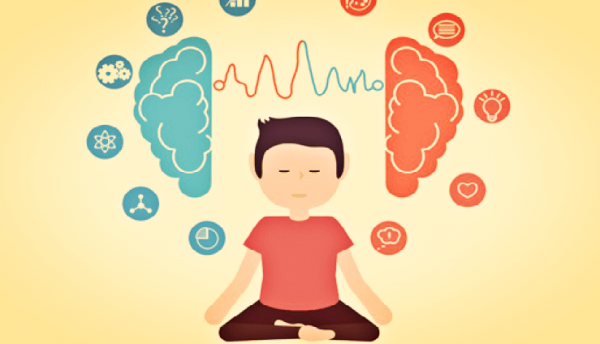The Future of Behavioral Health in a Digital World
Digital Health for Mental Wellness
Medisafe is launching a new blog series focusing on the role of digital health and its use to support better mental health and wellbeing to enhance patients’ lives. This is the third piece in the series.

The coronavirus (COVID-19) has upended daily lives, taking a toll on both physical and mental health. In fact, COVID-19 has only escalated the occurrence of mental health conditions, which already affected 1 in 5 U.S. adults on average. Luckily, new digital health tools have come into use at a time when many are social distancing and isolation, helping to create new ways to use digital tools to support mental health.
Several reports have demonstrated the effectiveness of digital health solutions for various mental health applications. These solutions include artificial intelligence (AI)–based chatbots, online health communities, and telehealth platforms. The use of digital tools for mental health are already being applied during the pandemic and are set to reshape the future of behavioral health. Digital solutions offer a new future for accessing resources, enabling individuals to take the first step to engaging in their mental wellbeing.
Chatbots
AI chatbots use pre-programmed content and decision-trees to create automated conversations. AI chatbots are being used to provide counseling to improve psychological well-being. Other uses include AI chatbots for patients with depression, and part of cognitive behavioral therapy in young adults with depression/anxiety symptoms.
In the future, we’re likely to see mental health assessment tools incorporated in chatbots for active population monitoring. By using chatbots in this manner, it becomes “sorting conveyor” that can help to urgently address the most severe cases first. It also helps to allocate the right type of support to deliver the necessary psychological support in connection with appropriate services. These tools have potential applications in the current pandemic and beyond for preventive care and mental health promotion.
Telehealth Platforms for Remote Consultation
Digital telehealth services have exploded as a result of the pandemic, taking various forms including videoconferencing, store-and-forward technology, remote tele-monitoring with connected devices, and mobile health applications. Future behavioral health uses for telemedicine include direct connections for healthcare providers to engage with patients, help to determine those most at-risk of self-harm, and support patient interventions that reduce hospitalizations. Future tele-collaboration led by remote healthcare professionals is also being examined for use as supportive care in nursing homes and long-term care facilities.
Gamification of Behavioral Therapy
Game-based approaches for mental health suggest there are some potential benefits for behavioral health or even for episodic stress relief. Many of the newest smartphone apps for mental health employ gaming or gamification, many as a way of creating temporary distraction and engagement in a calming exercise. While adding a gaming experience to assist with behavioral health, it is not meant to replace traditional support. Gamification in behavioral health can often be used in place of medication, such as VR or escaping stress in a game, for temporary relief.
Mood Tracking Apps
Mood tracker apps can help a person monitor their mood over time and learn how external factors, such as their diet or lifestyle, affect how they feel. Mood tracking can help patients monitor their progress in therapy or the effects of taking medication. Furthermore, understanding how and when mood shifts happen could help a person identify important patterns in their behavior. The Medisafe app includes a mood tracker that allows users to capture their current mood which can help provide important insights in correlation with medications. Tracking moods can also help to record certain events that trigger stress or anxiety, for future review with a therapist or counselor.
It’s important to remember that treating mental health is no different than other medical conditions, and an app — even a well-designed one — should only be considered a useful tool rather than a cure. While these platforms cannot completely replace the value of an in-person consultation, they could be a scalable comfort for some, a life saver for others and a lifeline for many experiencing times of crisis.
During COVID-19, digital behavioral health demonstrated the expanse of the industry and its ability to use new technology to keep patients connected. As we look ahead to a post-pandemic era, its certain that the future of behavioral health will continue to utilize digital health tools to deliver valuable support to reach patients where they are.
Content is not intended to be a substitute for professional medical advice, diagnosis, or treatment. Always seek the advice of your physician or other qualified health provider with any questions you may have regarding a medical condition.
